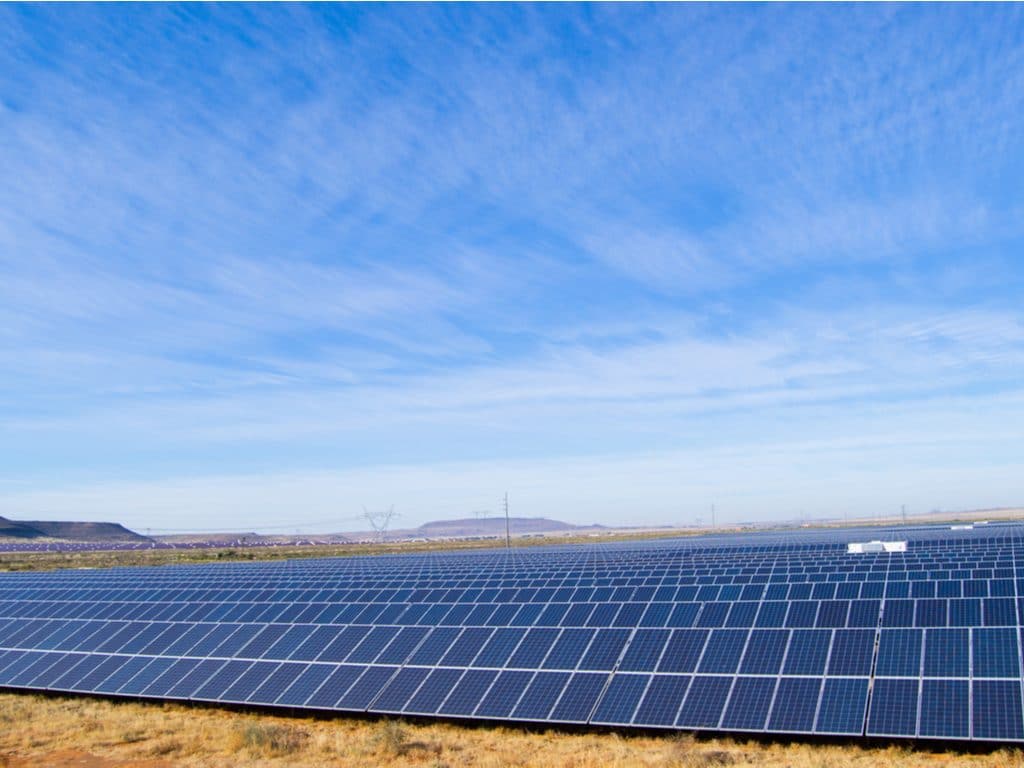The Nigerian Rural Electrification Agency, an agency of the Nigerian federal government, has launched a hybrid off grid in Kare-Dadin Kowa, Kebbi State in the northwestern part of the country. This installation combines 565 solar panels that provide 98.8 kW and a generator that takes over after sunset.
Kare-Dadin Kowa is a small community of 3,180 people who live mainly from agriculture and fishing. The small hybrid power plant that has been commissioned recently provides electricity to 483 households. It also supplies 82 buildings including shops, schools and health centres.
The Nigerian Rural Electrification Agency has not given any indication on the construction cost of this facility. But it shows that it is the result of a public-private partnership between the Nigerian federal government and a private company. The construction of this hybrid of grid is part of the first phase of a project that is also expected to provide electricity to 12 other localities through 19,000 solar home systems.
The agency is increasingly active in the Nigerian electricity sector, more specifically in the solar off grid. It is a serious alternative in a country with a national electricity grid that shows its limits with Nigeria’s economic growth. The role of the rural electrification agency, which promotes the use of renewable energy sources, is now fundamental.
A 7.1 MW hybrid off-grid hybrid was recently commissioned by the agency at Bayero University in Kano State, northern Nigeria. The facility is equipped with 10,680 solar panels and a battery electricity storage system. The set is accompanied by diesel-powered emergency generators. The hybrid off-grid supplies 59,000 people, including nearly 55,000 students.
Jean Marie Takouleu
